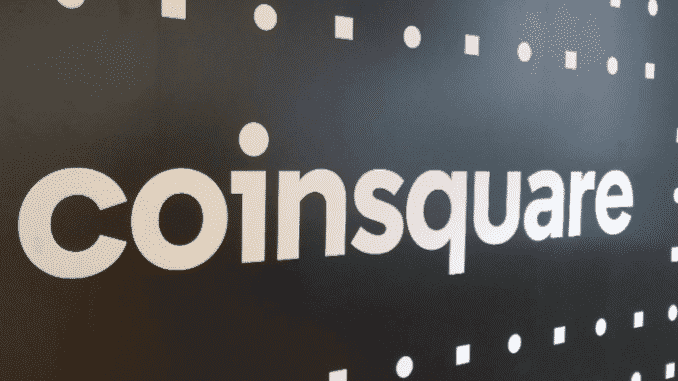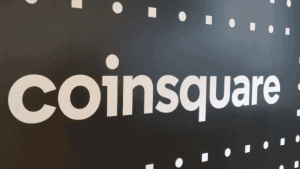Join Our Telegram channel to stay up to date on breaking news coverage
Canadian crypto exchange Coinsquare is facing fresh market manipulation accusations in its home country. The reproach comes from the Ontario Securities Commission (OSC), Canada’s financial regulator. In a filing published recently, the agency accused the exchange of misleading its clients about trading volumes.
Executives Were Complicit in the Crime
Wash trading is the act of creating a false perception of trading volumes on exchanges by executing fake large trades. In its complaint, the OSC named company founder Virgile Rostand, chief executive Cole Diamond and compliance chief Felix Mazer as respondents. The agency alleged that Diamond had directed Rostand to inflate trading volumes in March 2018.
The agency added that Coinsquare conducted about 840,000 fake trades between July 17, 2018, and December 4, 2019. The aggregate value of the Bitcoins involved in the scheme was about 590,000 BTC — up to 90 percent of the exchange’s trading volumes.
There have been several complaints against Coinsquare’s history with wash trading in the past. In 2018, several Reddit users started speculating that the company was inflating volumes on its platform. Despite the allegations, no one stepped forward with concrete proof.
Coinsquare’s Many Problems
All that changed earlier this year as tech news source VICE obtained leaked internal documents — which included Emails, messages on Slack, and others — that incriminated Diamond in the fraudulent scheme.
According to the document, Coinsquare’s executives reprimanded an employee for disabling a code that drove the company’s internal activity. He had done it due to a fear of now wanting to “test the OSC,” but they punished him anyway.
Explaining why he punished the employee, Cole had said that he disabled the code without considering the “massive change” that the platform’s liquidity will cause to its public perception. Cole added that the employee should “turn it back on.”
The correspondence also noted that Cole finalized the decision to continue wash trading. Simultaneously, the company’s senior staff had moved to minimize the use of the term “wash trading” in all digital communications and delete it from any paper trail.
The OSC’s complaint alleged just about the same thing. In part, the complaint pointed out that Coinsquare’s actions were tantamount to consumer and market manipulation. While it had requested information on the company’s trading activity, Coinsquare declined and instead claimed that it was taking steps to combat any market manipulation. A hearing concerning the case will hold on July 21.
The wash trading allegations are coming as Coinsquare battles itself out of a hack on its database. VICE Motherboard reported on June 2 that hackers had obtained over 5,000 phone numbers and Email addresses from the exchange. One of the hackers told the news medium that the initial goal was to sell the information they got. However, they soon realized that the information could be useful, and were now looking to perform SIM swapping attacks.
Diamond had told Cointelegraph that the theft was on a third-party customer relationship management (CRM) service — not Coinsquare. He added that the hack took place over a year ago, and that they didn’t get anything of value.
Join Our Telegram channel to stay up to date on breaking news coverage


